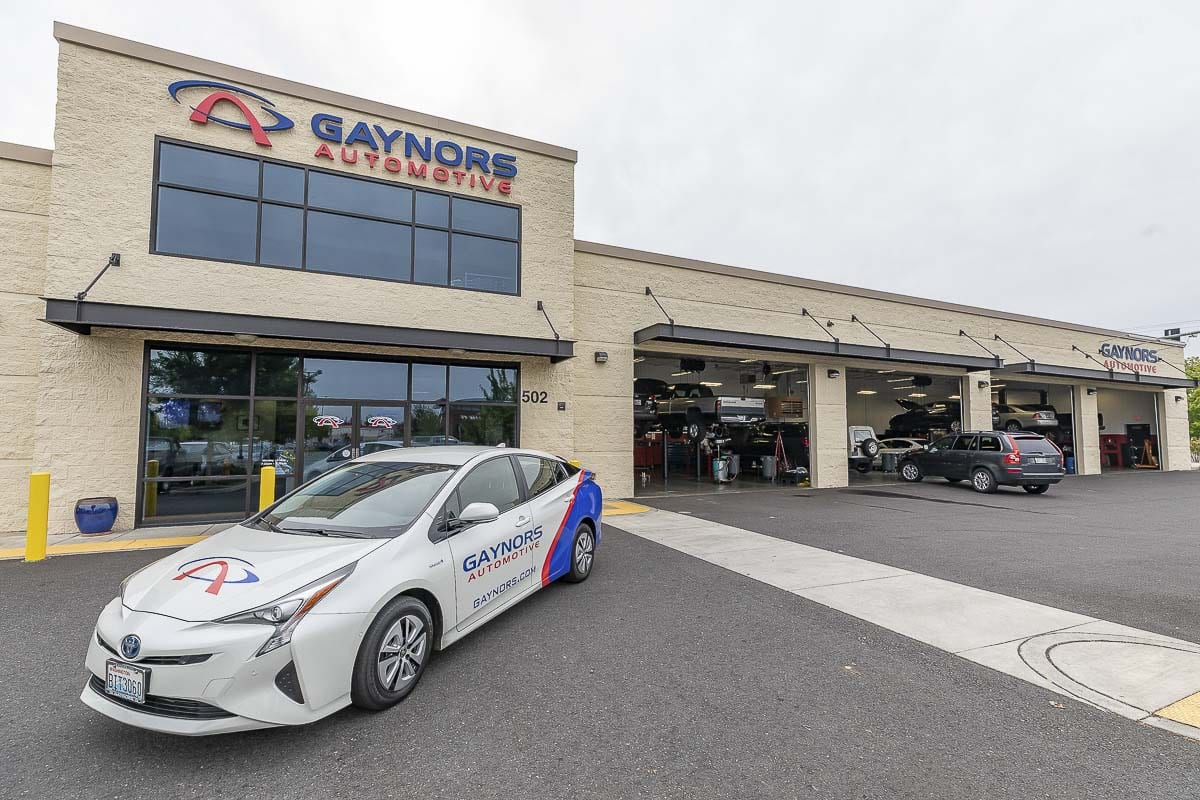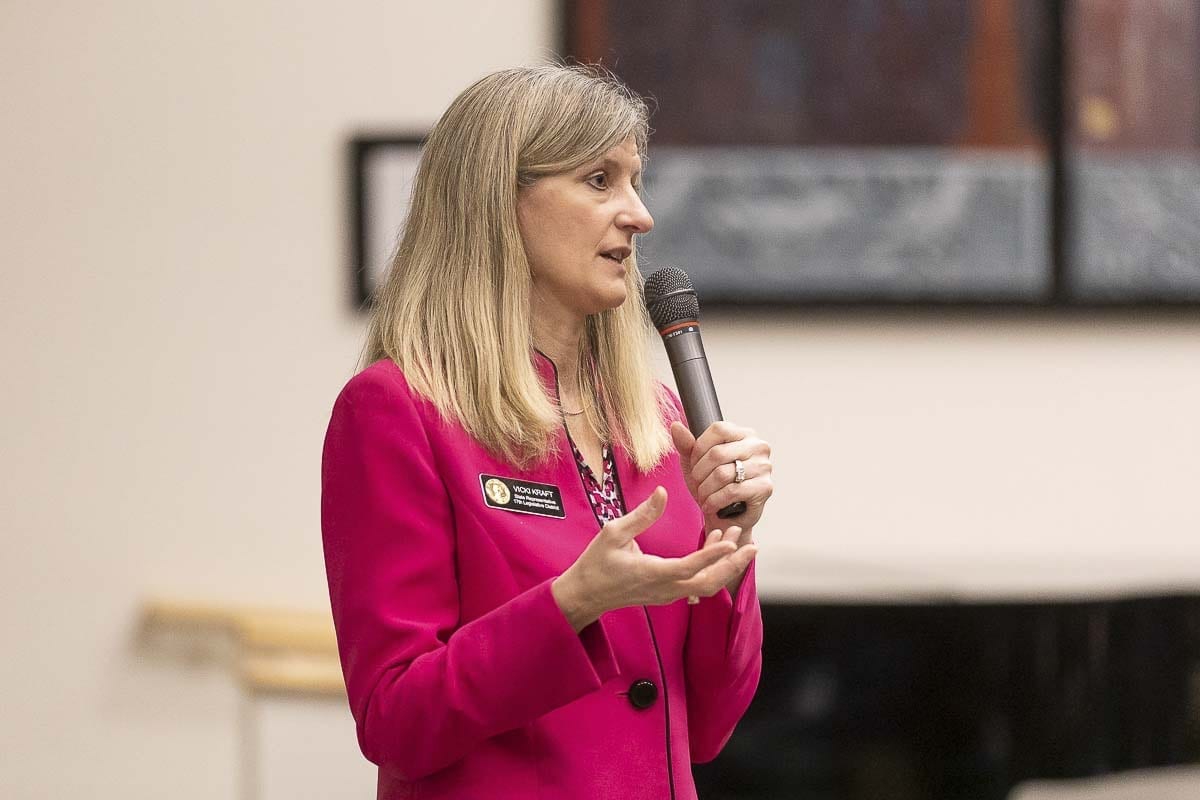Could this be a further job killer with the state economy slowed down due to COVID-19?
With the state’s economy slowed down by Gov. Jay Inslee COVID-19 restrictions, a record number of people in Washington are unemployed. The state’s unemployment fund is being depleted. Add to that, the Nigerian scam that stole up to $650 million from the fund, of which roughly $300 million has been recovered.

A recent MyNorthwest news report (here) indicated businesses could face a 400 to 600 percent increase in the cost of their unemployment insurance premiums.
“Since the beginning of March, the balance in that trust fund has dropped by about 50% — nearly $2.5 billion has flowed out of the fund to pay benefits,” said Bruce Beckett, government consultant to the Washington Retail Association. “And if that trajectory continues, clearly by the end of the year, beginning of next year, the fund will be depleted.”
The unemployment fund is entirely funded by Washington businesses, he explained. That’s why an increase in the unemployment insurance taxes paid by businesses are the likely candidate to refill the pot of money. According to the Employment Security Department’s forecast, these unemployment tax hikes could be steep for many Washington business owners.
“Where the vast majority of Washington’s employers sit in this array, it could be between a 400% and 600% increase next year,” Beckett said.
Rep. Vicki Kraft (17th District) expressed alarm at the size of the potential increase in unemployment insurance premiums. “The last thing small businesses need, especially now, is another hit to their ability to make money and provide jobs,’’ Kraft said. “An increase of this amount to their unemployment insurance cost would put many out of business and devastate our communities.”

Kraft continued: “Small businesses are truly the backbone of our economy. Businesses and people should not be penalized with more UI benefit cost or tax increases because the governor has refused to continue safely re-opening our economy.”
Tommy Gaynor, general manager of Gaynors Automotive, added the perspective of small businesses.
“It’s really a sad situation, anytime a tax or fee is levied on a business like ours, it ends up being passed on to the consumer in higher prices,’’ said Gaynor, whose business has five Clark County locations.
“Automotive repair is a commodity and runs on very thin margins like a lot of service industries”, Gaynor explained. “There is no way these costs can be absorbed by the business so they really just become a tax on the citizens. With a lot of Washingtonians struggling after the covid shut down it’s just one more punch in the gut.”
One news report (here) indicates that the state has paid out over $10 billion in unemployment benefits since Gov. Inslee shut down the state’s economy in March, due to the COVID-19 pandemic. At the end of July, Washington’s unemployment rate was 10.3 percent, slightly above the national average of 10.2 percent. In August, an additional 80,643 people filed first time unemployment claims, according to the Employment Security Division website. In Clark County, new unemployment claims were 867 the last week of August, up 45 or six percent from the prior week.
Jennifer Senescu, executive director of the Camas-Washougal Chamber of Commerce weighed in. “Due to the current global pandemic and state mandated closures, it would seem appropriate for the state to suspend their usual practice of charging unemployment claims to employers’ accounts for purposes of taxation. By doing so, employers’ ratings and tax rates will not be unfairly impacted by Covid-related benefits claims. Further taxes on businesses could result in more closures and would negatively impact our economy.”
Kraft wants to see COVID-19 restrictions eased, so people can get back to work. “Small businesses have proven they can do this,’’ she said. “If they are able to re-open they will also make revenue, which can help offset the government’s UI benefit deficit. Most of us have been shopping for groceries, dining out, or buying home improvement items over the past several months with COVID-19 deaths remaining very low and hospital capacity being more than adequate. There is no need to keep all these businesses limping along, it’s time to let them reopen safely now.”




